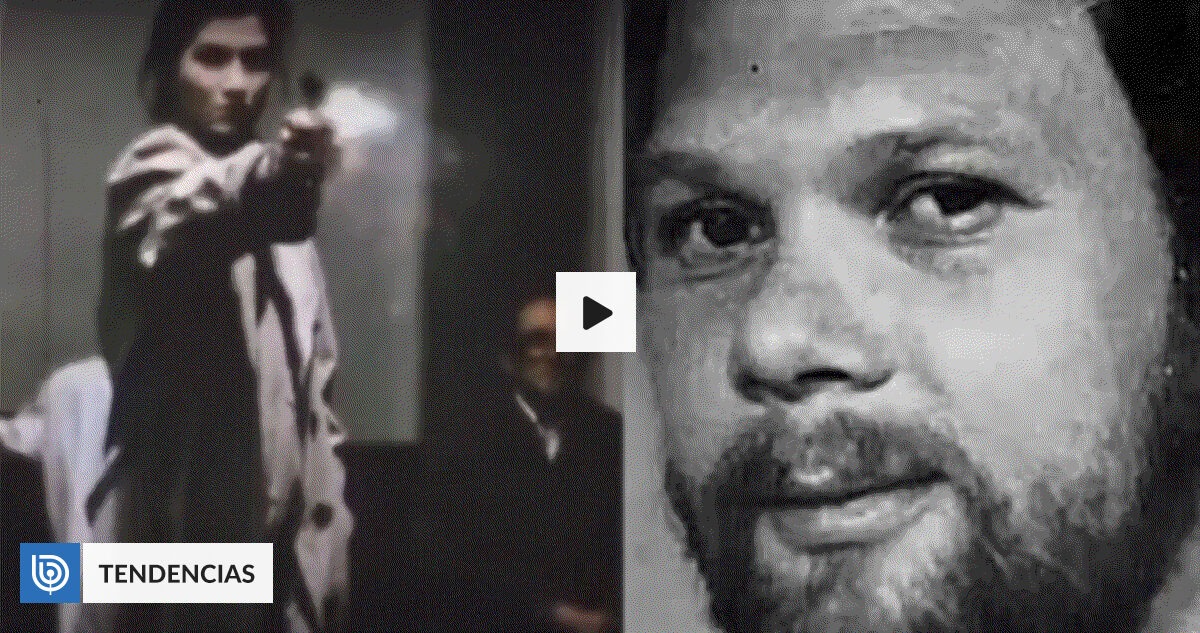In 1981, a deeply emotional and shocking incident unfolded in a courtroom in Lübeck, Germany, that captured global attention. Marianne Bachmeier, a mother who had suffered unimaginable loss, took justice into her own hands in an act of desperation, raising questions about the nature of justice, personal vengeance, and the emotional toll of violence on victims’ families. Marianne’s story is not just one of a mother seeking justice for her daughter, but a reflection on how grief and trauma can shape a person’s actions and decisions. The events of that day would forever change her life and spark an ongoing debate about the limits of personal justice.
The Tragic Loss of Anna Bachmeier
Marianne’s daughter, Anna Bachmeier, was just 7 years old when she was tragically harmed by Klaus Grabowski, a 35-year-old man with a disturbing criminal history. Grabowski, a man who had already served time for previous sexual offenses, lured Anna into his home under the pretense of friendship. Once there, he subjected Anna to unimaginable harm before ultimately ending her young life.

For any parent, the loss of a child is an incomprehensible pain. But for Marianne, it was not only the loss of her daughter but the deep horror of the crime itself. Anna was her only child, and the bond between them was unbreakable. As a mother, Marianne had always done everything in her power to protect Anna, and the feeling of helplessness she experienced in the wake of Anna’s death was compounded by the brutal nature of the crime. Marianne was left devastated, grappling not only with the loss of her daughter but with the trauma of knowing the extent of the violence Anna had faced.
The Courtroom Shooting
During Grabowski’s trial, Marianne attended the proceedings. It was an emotional experience, as she had to face the man responsible for her daughter’s tragic fate. Over time, her grief began to turn into a sense of injustice. She felt that the legal process, which moved at a slow and often painful pace, was not enough to deliver the justice that Anna deserved. Marianne, overwhelmed by anger and sadness, was forced to confront the harsh reality that the legal system was not offering her the closure she so desperately needed.

In a moment of overwhelming emotion, Marianne made a decision that shocked the courtroom and the world. She pulled a small pistol hidden in her bag and shot Klaus Grabowski dead. The courtroom was filled with gasps as Marianne’s act of personal justice unfolded before everyone. The event was caught on camera, and photographs of the incident were soon splashed across newspapers and television screens worldwide. It was a powerful and tragic moment that brought the trial to an abrupt and dramatic end.
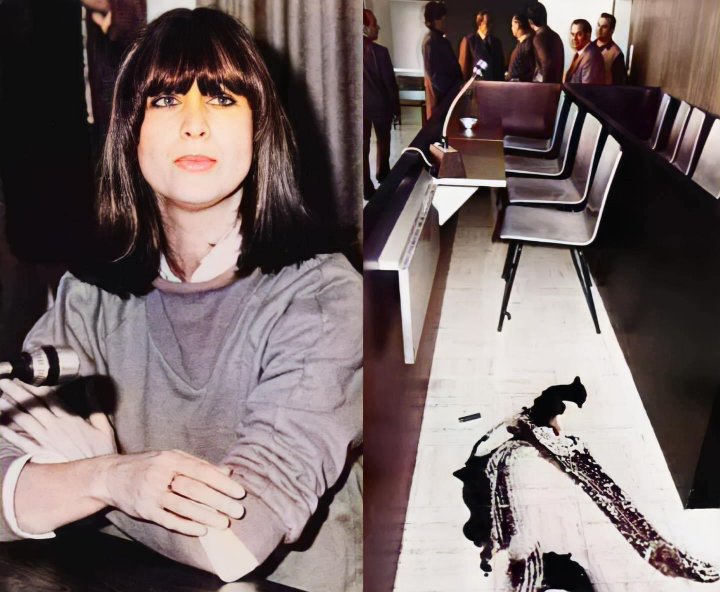
Marianne’s actions were driven by intense grief and frustration. As a mother who had lost her child to such a horrific crime, she felt helpless and powerless in the face of the law. Her actions, while controversial, sparked a global conversation about justice, grief, and the morality of taking the law into one’s own hands.
Marianne Bachmeier’s Trial and Reflection
After the shooting, Marianne was arrested and charged with the death of Klaus Grabowski. Her trial became a media sensation, with the public divided over whether her actions were justifiable. Many people expressed sympathy for Marianne, understanding that she had acted out of profound pain and a desire for justice for her daughter. Others, however, believed that no one should be allowed to take the law into their own hands, no matter the circumstances.
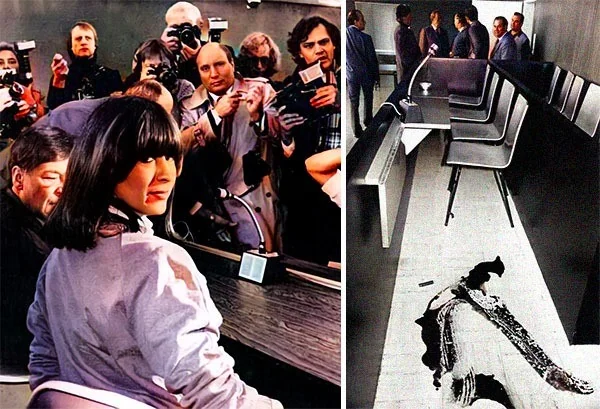
In her trial, Marianne spoke about the emotional toll the loss of her daughter had taken on her. She testified that she had been living in a constant state of anguish and that she believed the legal system was failing her. Her emotions had reached a breaking point, and she felt as though she had no other recourse but to take matters into her own hands. Marianne explained that she had even dreamed about killing Grabowski before the incident, driven by the belief that the system would not deliver the justice she felt was necessary.
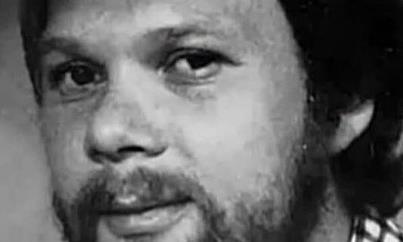
Her case raised difficult questions about the limits of personal justice and whether someone who has suffered such a traumatic loss should be held to the same legal standards as others. While many understood her actions, the court ultimately found Marianne guilty of manslaughter instead of murder. She was sentenced to six years in prison but served only three years before being released.
The Debate: Justice, Grief, and Legal Boundaries
The story of Marianne Bachmeier continues to provoke strong opinions and discussions about the intersection of grief, justice, and the law. On the one hand, many view Marianne as a tragic figure, a mother who could no longer bear the weight of her loss and who sought to achieve the justice she believed her daughter deserved. Her decision to shoot Klaus Grabowski in the courtroom may have been a spontaneous reaction to years of emotional suffering, but for many, it symbolized the depths of a mother’s love and the lengths she would go to in the face of an unspeakable crime.
On the other hand, critics of Marianne’s actions argue that no matter how great the emotional pain, taking the law into one’s own hands is not a viable solution. The rule of law, they argue, exists for a reason, and allowing individuals to dispense their own form of justice would lead to dangerous consequences. The legal system, while not perfect, is designed to ensure fairness and prevent vigilante justice. This case highlights the importance of upholding the law, even in the most emotionally charged situations.
 The public reaction to Marianne Bachmeier’s actions was divided. Some saw her as a victim of a broken system, while others believed she had crossed a line that no one should be allowed to cross. The debate about her actions continues to this day, as people grapple with the complex emotions and ethical dilemmas that arise when grief and justice collide.
The public reaction to Marianne Bachmeier’s actions was divided. Some saw her as a victim of a broken system, while others believed she had crossed a line that no one should be allowed to cross. The debate about her actions continues to this day, as people grapple with the complex emotions and ethical dilemmas that arise when grief and justice collide.
The Legacy of Marianne Bachmeier
Marianne’s story is a powerful reminder of the human cost of violent crime and the emotional toll it takes on those who are left behind. The loss of a child is something no parent should have to endure, and the emotional devastation that Marianne experienced after Anna’s death was compounded by the trauma of the crime itself. Her actions in the courtroom, though controversial, are a reflection of the overwhelming grief and frustration she felt as a mother who had lost everything.

Her story also raises important questions about how we, as a society, deal with grief and justice. While we cannot condone acts of violence, it is essential to acknowledge the emotional pain and trauma that individuals experience when they lose loved ones to violent crimes. The legal system must take into account the psychological impact of these crimes on victims’ families, ensuring that justice is not only served in a legal sense but also in a way that considers the emotional needs of the victims.
Marianne Bachmeier’s legacy is one of both tragedy and reflection. Her case challenges us to think critically about the balance between justice, compassion, and the law. It also serves as a reminder of the human side of the criminal justice system and the emotional complexities that can arise when personal tragedy intersects with the legal system.
Conclusion: A Mother’s Struggle and the Complexities of Justice
The case of Marianne Bachmeier is a complex one, filled with emotional and moral dilemmas. Her actions, while driven by grief and a desire for justice, raise important questions about the limits of personal responsibility and the role of the legal system in providing closure and justice to victims’ families. Marianne’s story reminds us of the deep emotional toll that violent crimes take on individuals and families, and the difficulties they face in navigating the aftermath of such tragedies.
While the legal system must hold individuals accountable for their actions, it is equally important to recognize the psychological and emotional consequences of crime and the need for a compassionate approach to victims and their families. Marianne’s story continues to serve as a poignant reminder of the complexities of justice, grief, and the lengths to which a mother will go to seek justice for her child.
